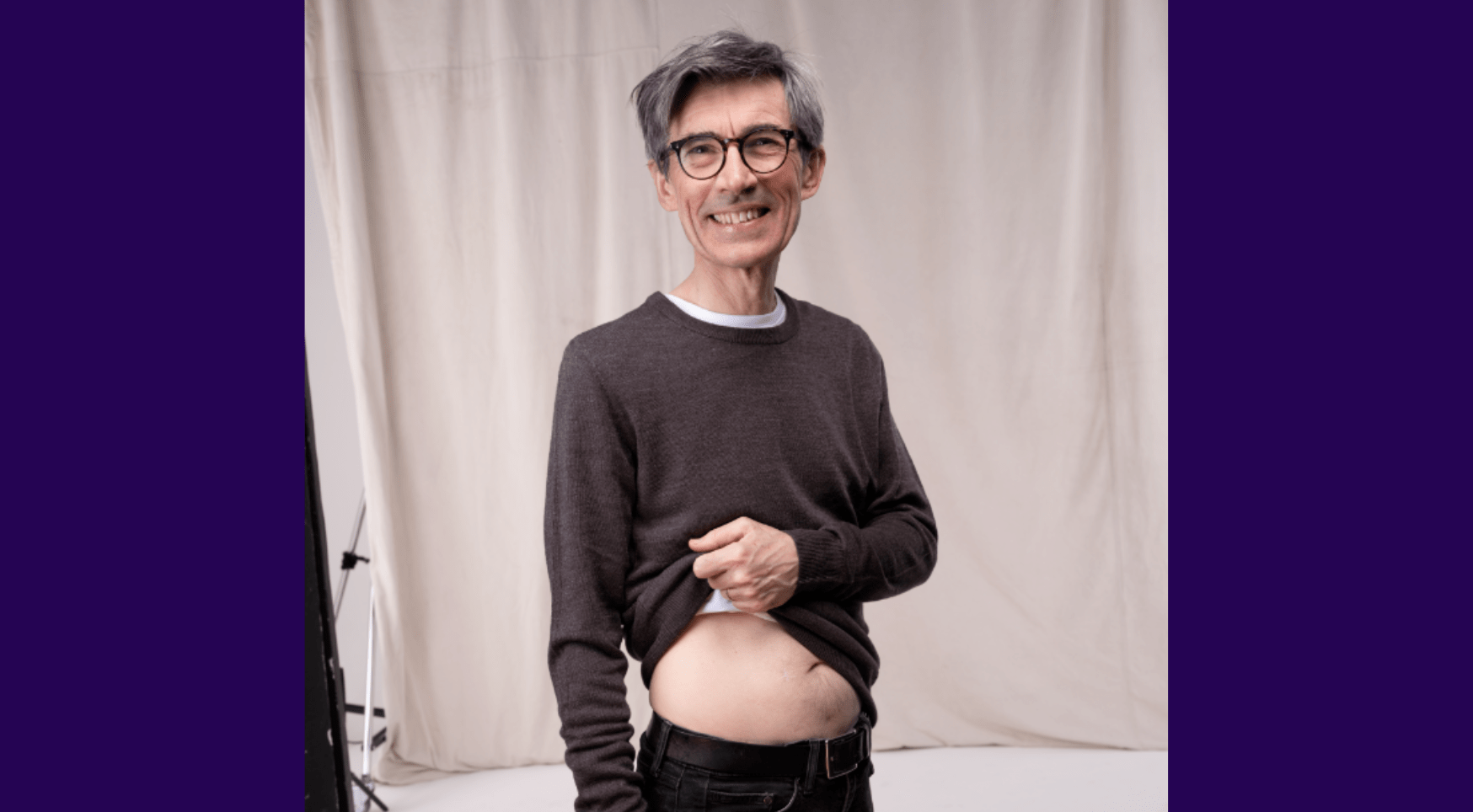How long is the UK kidney transplant waiting list?
In the UK, thousands of people are waiting for a kidney transplant. The number of people on the list is growing, so the wait can be long and uncertain. For many, this wait affects their health, daily life, and future plans.
A kidney transplant can change a person’s life. But there aren’t enough kidneys from deceased donors to meet the need, which is why the waiting list keeps getting longer.
The UK Kidney Transplant Waiting List – Key Facts
The number of people waiting for a kidney transplant in the UK has risen from around 6,000 to more than 6,900 from April 2024 to April 2025 – an increase of 15% from last year, according to the NHS Transplant Activity Report. This means even more people are competing for the kidneys currently available for transplant.
The NHS keeps a national list of everyone waiting for an organ transplant, including kidneys. When a kidney from a deceased donor becomes available, it’s matched to a patient based on medical details and other factors. Because there are many more patients than donors, it can take years before a patient gets an offer of a kidney.
How Long Do Patients Typically Wait?
The amount of time someone waits for a kidney transplant can be very different from person to person based on their medical situation. Some find a match in a few months, while others wait for many years.
Sadly, not everyone on the list will get a kidney from a deceased donor due to the shortage of kidneys available. Some may remain on the list for the rest of their lives. This is why living kidney donation is so important – it can shorten or even remove the wait for a kidney, for some people.
If you or someone you know is waiting for a kidney transplant, the best way to find out about expected waiting times is to speak to a healthcare professional. They can give advice based on personal health and circumstances.
Why Living Kidney Donation Changes the Outlook
Only a very small number of people die in circumstances where they are able to donate their organs for transplant (fewer than 1% of the population) so there is always a shortage of available kidneys from deceased donors.
Living kidney donation is when a healthy person gives one of their kidneys to someone who needs it. People can live healthy lives with just one kidney, so this is possible.
A kidney from a living donor can be planned in advance and does not depend on a donor passing away. In many cases, this means a quicker and more certain transplant, as surgeries involving a deceased donor can come at any time and place, and must usually happen immediately to have a chance at success.
The success rate for transplants from living donors is better than that for transplants from deceased donors, and they can also last many years longer.
What Affects Someone’s Position on the Kidney Transplant Waiting List?
Several things affect how long a person might wait for a kidney:
- Blood and tissue type – Some types are rarer, so finding a match can be harder.
- Age – Younger and older patients may be prioritised differently in the matching process.
- Overall health – A person must be well enough for surgery and recovery.
Because these factors are different for everyone, there’s no set waiting time.
What Happens While Waiting for a Kidney?
Many people waiting for a kidney transplant may need dialysis. Dialysis is a treatment that cleans the blood by removing waste and extra fluid.
While dialysis treatment can keep someone alive, it can take many hours and is usually needed several times a week. It can be tiring and affect work, hobbies, and daily activities. It may also make travel harder and mean regular hospital visits.
Healthcare professionals can give advice and support to help patients manage life while on dialysis and waiting for a transplant.
Why More Living Donors Are Needed
With nearly 7,000 people in the UK waiting for a kidney, there’s a big need for more living donors. One living donor can change, and even save, a life.
By giving a kidney, a donor can help someone get a transplant faster, improve their health, and let them return to normal activities. Living donation also helps the NHS by easing pressure on the kidney waiting list.
Becoming a living donor is a big choice and should be thought about carefully. Anyone interested should speak to a healthcare professional, who can explain the process, risks, and benefits.


